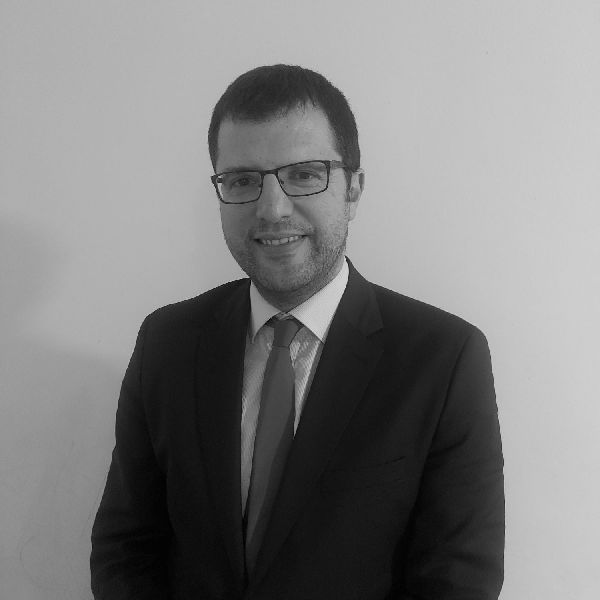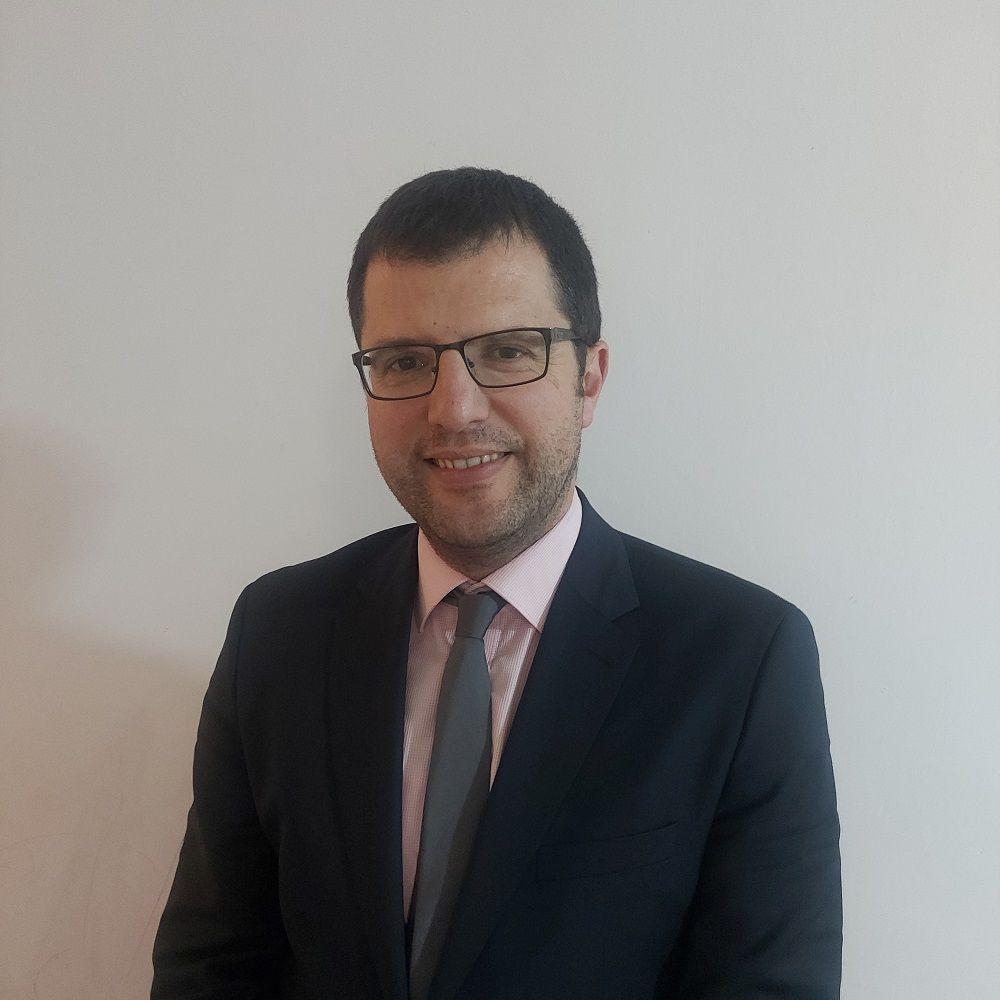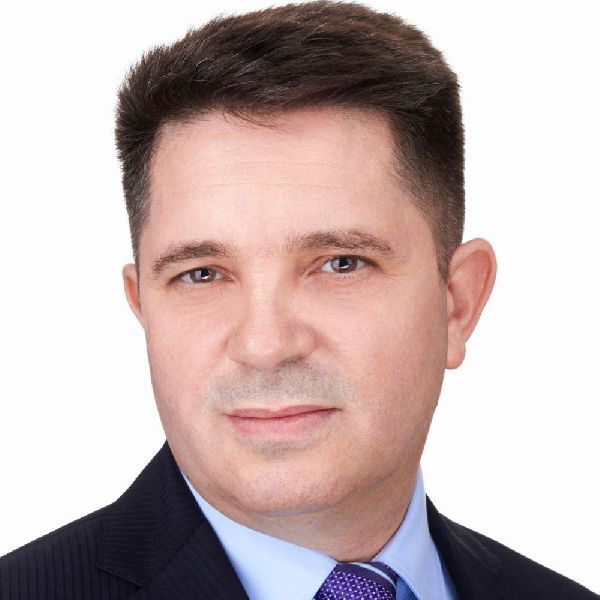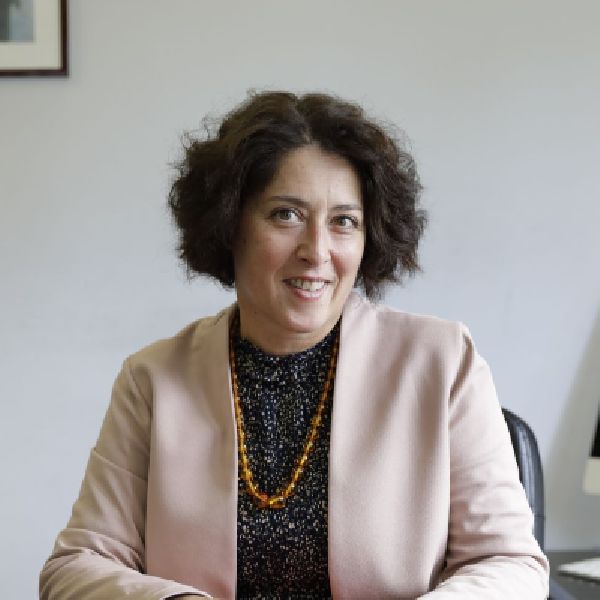
|
18.03.2022 | Teodor Burnar
|




|
Mr. Ivan Močić (Croatia): „There are still some legal specificities that possible foreign investors in Croatia should be aware of“
Q: Split is of course famous worldwide because of its cultural heritage, but being Croatia’s second-largest city, its legal scene also holds promise. How would you describe the legal field in your home city?
A: One of the problems in Croatia is that it all revolves around the capital city. Almost everything happens in Zagreb. Indeed, Split is also an important city, but we are not on a par, economically, with the capital. People here live mostly from tourism, but otherwise there's a lot of progress to be done in other sectors.
Split has around 150000 inhabitants and is a relatively small market. Still, we have lots of lawyers here, circa 500, so the legal field is very solid and also competitive - we have a very good generation of young lawyers. Also, the old generation was very good. They even worked in former Yugoslavia, so they experienced some things that I would have been glad to experience, as they also worked in the former states of the Republic. So they are familiar with different legal areas in different countries. The younger generation works, of course, only in Croatia, but its advantage lies in the fact that it's more technologically advanced. We are now making progress in the justice department, because the EU has asked us to take some measures - previously, the Court was very slow, lots of matters weren't resolved in a proper dynamic. Thankfully, we now have electronic communication with the courts, so one has to be at least average in this department. We cannot send anything to the Court in paper anymore, everything is going through a special system, so that has sped up things a bit. We also have more strict litigation rules, we have to submit to strict deadlines, so we are forced to be more disciplined. In conclusion, the legal field in Split is, I would say, a developed and dynamic one.
We have lots of lawyers in Split - circa 500 - so the legal field is very solid and also very competitive. We have a very good generation of young lawyers
Q: We are now – fingers crossed - coming out of this pandemic. Do you, and your colleagues, envision a return to pre-pandemic levels of practice? Is that realistic and, if not, what changed forever?
A: Hopefully, yes. We have to be optimistic. I think the damage done to the legal field by the pandemic, in Croatia, was maybe smaller than in other countries. During the pandemic, we always managed to work. There was a lockdown, yes, but only for a couple of months. Sure, those months were very hard. But after that, I think we made progress. Even the court sessions improved - like I said, now we have the opportunity to do them online, which was previously unimaginable. So we have adapted. I firmly believe that we will adjust and come back almost entirely to the 2019 levels of practice. The situation is improving as we speak.
Q: You’ve undoubtedly followed closely the developments in your preferred areas of practice, such as corporate and commercial law, banking and finance. There’s been a lot of restructuring going on, to name just one of the measures witnessed. Do you reckon that lawyers were instrumental in this process of adjustment/safeguarding, and if so, in what areas were you most employed?
A: As I mentioned, I live in Split, which is a small market. Therefore, I work lots of commercial law, but with small and mid-sized companies. In Split, there are not so many big companies. Because of that, I haven't witnessed any restructuring of big business, nor was I involved in any. But in my field of expertise, I think the lawyers helped especially with changing clauses in labor contracts between employers and employees. These changes were due to the instability. For example, some companies couldn't pay the lease anymore, or they couldn't pay taxes as before. So they were forced to change their relationship with third parties. Those were the main changes in Split. There's been a case of "survival of the fittest" amongst companies.
Moreover, as a direct effect of the pandemic, prices in Croatia became much higher, while the salaries stayed the same. So people in general have problems. The workers are not satisfied, but the employers offered them what was possible under the circumstances.
Q: What are, at the moment, the most dynamic business sectors in Croatia?
A: At the moment, the construction sector is the most dynamic economic field, in Split as well as in all of Croatia. The price of real estate is going very high - I'm not sure if average people can afford to buy! Most of them are doing loans to buy real estate, because the interest is not so high at the moment. Foreigners, also, are buying real estate in Croatia.
Tourism, of course, is also a mainstay in Croatian economy. So constructions and tourism are the most important economic sectors at the moment. A case study of how these two sectors are boosting Croatia's economy is the Pelješac bridge, which is set to be opened this year, just in time for the holiday season. It's the most significant infrastructure project we've had in years.
At the moment, the construction sector is the most dynamic economic field in Croatia. The price of real estate is going very high, and foreigners are investing strongly
Q: From your direct experience, how has due diligence changed due to COVID-19? It remains a key assessment in view of an acquisition, but it now has to take into account the pandemic and maybe the next one, and their impact on the nature of the business and the economy at large.
A: The most dominant thing on the matter is the greater force clause, the „force majeure", that we all knew before, but has now become significant. Nobody thought that we will be in a pandemic, but now we are trying to predict everything that can happen. There are lots of NDA contracts, confidentiality is very important, termination triggers also - the people want to know how to get out of bad contracts, and they want that specifically. They also require clauses that can protect them in terms of insurance. They seek precise guarantees.
From my personal experience, due diligence is very important, but as much as the legal due diligence is important, so is the economic due diligence. Therefore, when I handle such cases, I also have an economic expert beside me. So we try to complement each other and do what's best for the Client.
I mostly handle acquisitions of small to mid-sized companies, as I said. Big-sized companies hire big law firms from Zagreb, mostly.
From my personal experience, due diligence is very important, but as much as the legal due diligence is important, so is the economic due diligence. Therefore, when I handle such cases, I also have an economic expert beside me
Q: Croatia has been a EU member for almost a decade now so there is a degree of harmony between EU law and national law. Are there still any specificities of your national legal system which one Client from abroad should take into consideration?
A: There are still some things to improve. Our State land registry is not at the highest level at the moment. So people from abroad as well as Croatian nationals have to be very careful when they invest in Croatia, because although we have a degree of harmony with EU law, some specificities remain. So we need to do lots of checking of the background. The foreigners have a different status - if you are from an EU state, there's a certain degree of reciprocity, but if someone is from outside the EU, then he has to acquire a special consent from the Ministry of Justice, for example to buy real estate in Croatia. Lots of people from abroad come here, they try to invest, but our bureaucracy is still a very big problem, and I think Clients should be advised every step of the way. It's not only the land registry - they have to be cautious of the land status - it can be for construction purposes or not. If it's not for construction purposes, foreigners still can't buy land in Croatia. That's about to change in a couple of years, but not at the moment. So yes, there are still some specifics that possible foreign investors should be aware of.
Coming back to me, I have many foreign clients. The vast majority are interested in buying real estate in Croatia. And some of them even want to start a company in Croatia. But mainly, when they come to me, they want to buy real estate. My Clients are mostly Europeans, from Germany, Austria, Slovenia, Russia. There are also a few Canadians whom I advise.
Q: You have adhered seamlessly to the WOLEP ethos, so one can assume that you see a potential for the network to grow its member base in your home country. How open are Croatian lawyers to international collaborations?
A: I have spoken to several of my colleagues about this topic and they are quite interested. Whether we want it or not, in these times you have to be connected and to hear some other experiences in other countries. Also, some of my Clients need maybe a lawyer from Austria, Romania or even from another continent. So WOLEP is, from this point of view, a very fine idea. In Croatia, I know many colleagues that contact their peers from other countries, with whom they then collaborate. That's something the young generation of Croatian lawyers does. We are very open to international cooperation.
Q: You’re a versatile Lawyer, with 15 years of continuous practice in various fields. What are some of the projects that are you currently working on?
A: At the moment, I am advising some firms that want to divide into more companies. I am working on these projects, which are very sensitive. I am very interested in the topic - the owners' main reason to do it is paying less tax in Croatia. Taxes are very big at the moment - a high burden for all sectors. The people are doing their best to not carry that burden, as much as possible. So, lots of people are doing the dividing of the companies in two or three companies. The tax advisors advised them to do it, and I have a lot of work to do in that department, at the moment. Additionally, I always have projects buying and selling real estate and companies.
I am also a specialist in Banking and Finance, but that’s not to say I am representing banks or anything like that. In Croatia, as in all Europe, we've had problems getting loans in Swiss Francs. And we have lots of disputes in that area. I have lots of litigation with the banks. Many persons had to pay a very big interest on those loans, and now they can get some of it back. The Croatian courts are very occupied with that at the moment.
WOLEP is a very fine idea. In Croatia, I know many colleagues that contact their peers from other countries, with whom they then collaborate. That's something the young generation of Croatian lawyers does. We are very open to international cooperation
Q: You’ve experienced both the corporate world and being an entrepreneur / a solo practitioner in the legal field. What are your main takeaways from these two (very) different worlds?
A: To be honest, I wanted to combine the private and business part of my life as much as I could. I wanted to spend more time with my kids and my wife, and on the other hand I wanted to handle work that fulfilled me. It was a very risky move, but I think I made the right choice. I wanted the freedom. While I worked for a Law Firm, I didn't have that freedom to choose, as I did what I was told to. And that was OK. I started from zero - I have no one in my family that is a lawyer. So after going through all the phases, after about ten years of practice, when I sensed that I could do it, that I was mature enough, I decided to go on my own. At that point I had kids, but I was also working lots of hours. It was especially stressful. So now, I can have more freedom. That's the main takeaway.
Q: The biggest story of 2022-23 for the Croatian economy is undoubtedly the upcoming switch to the Euro. How are you preparing your Clients and their businesses for this huge step?
A: At the moment, my Clients don't have any particular questions on this topic. We are still hearing about it on TV, the banks are shyly giving us some info, they want to explain how we will adapt to the Euro. But for now, in Croatia, people are mostly concerned with prices, whether they will go up. Because, as we already spoke, prices in Croatia are surging, and we've seen in other countries that switching to the Euro, they indeed went up at one point. So we are concerned about it. But I haven't had so many questions about this, from my Clients, from a legal and an economic perspective.
Q: The WOLEP team is currently working on a Webinar on Smart Contracts, to be held in April 2022. What are your thoughts on the subject and how is Croatia regulating these new, high-tech developments in the financial market?
A: I can only say it is a great subject. Definitely, Smart Contracts seem like something that we will see more and more often in a foreseeable future. I read a lot about it. Blockchain technology has already enormously expanded and it is inevitable in the future for Smart Contracts to become a part of everyday life of any average lawyer.
Are you a legal eagle with a passion for collaboration? Join forces with other legal professionals and elevate your practice to the next level. Don't wait, sign up now to WOLEP and connect with like-minded lawyers today. Register your account here.
#Interviews #Ivan Mocic #law in the Balkans #Croatia #real estate #collaboration #WOLEP



